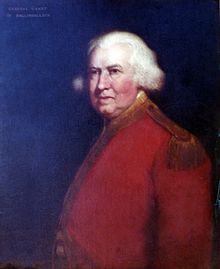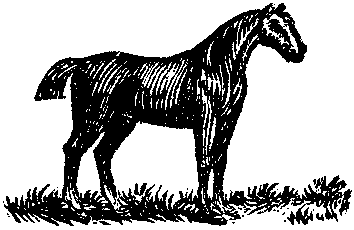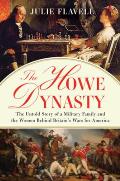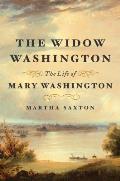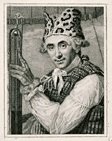“Lt. Coll. Walcott now excuses it”
Part of that ceremonial punishment might have been for Ens. Robert Patrick, the young officer Walcott had yelled at and struck, to draw his hand across the regimental commander’s face, thus making things even.
Though a couple of other young officers, Lt. John Barker and Lt. Frederick Mackenzie, wrote the long court-martial verdict into their diaries, neither man described seeing that embarrassing punishment. And Mackenzie was in the second brigade, so he would have been on the Common.
Perhaps that detail was too small to mention. Or maybe it never happened, and the sources from the early 1800s are wrong.
We do know there was another wrinkle in Lt. Col. Walcott’s penalty. He was supposed to be “Suspended for the Space of three Months.” However, Gen. Thomas Gage’s orders for 18 April state:
The Commander in Chief is pleas’d to take off the Suspension ordered upon Lt. Coll. Walcott from this Day inclusive; It having Appeared thro’ the course of the tryal, that Ens. Patrick did behave disrespectfull to his Commanding Officer, but it not being inserted in the Crime, the Court did not proceed upon it, & Lt. Coll. Walcott now excuses it, And will not bring it to a Tryal; but the Commander in Chief thinks proper to Warn Ensign Patrick to behave with more respect for the future to his Commanding Officer.Thus, although the court martial acquitted Ens. Patrick of “Quarrelling,” “giving a blow,” and “giving…a Challange to fight,” he could still have been brought up on charges of being “disrespectfull.”
But Lt. Col. Walcott decided to let that charge lie. Maybe the family relationship between the two men reported by Lt. Mackenzie was a factor. Maybe this forbearance let Walcott show he was behaving as a proper officer again.
As for Gen. Gage, he was about to send 700 or so soldiers to Concord that evening, with another 1,200 to follow them a few hours later. He needed all his regiments working as efficiently as possible, and that meant keeping Lt. Col. Walcott on the job.
The 5th Regiment took casualties on 19 April, and more at Bunker Hill. Ens. Patrick was promoted to lieutenant on 22 November. He was still at that rank in the 1778 Army List.
Lt. Col. Walcott continued to command the regiment as its official colonel, Earl Percy, handled higher responsibilities. In January 1777 Gen. Sir William Howe gave him responsibility for negotiating exchanges of prisoners of war with Gen. George Washington’s military secretary, Robert Hanson Harrison. In October, Walcott was wounded at the Battle of Germantown, and he died on 16 November.





